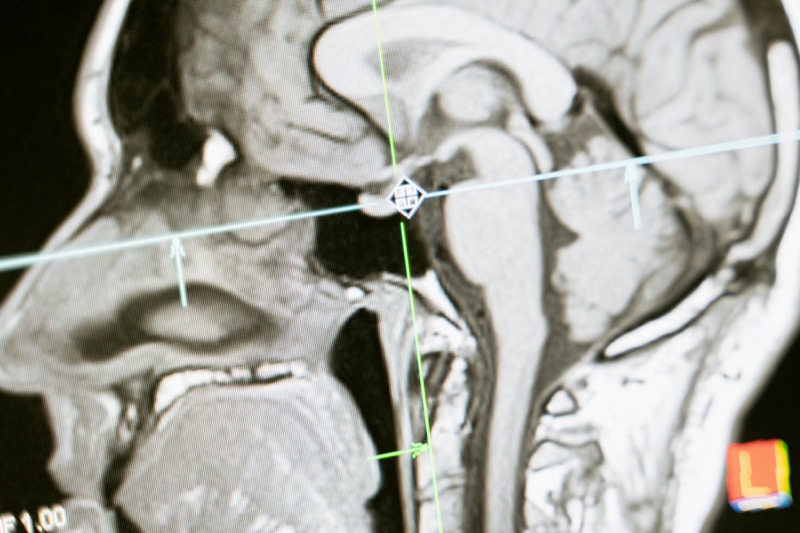
Migraine is a chronic neurological disease that manifests as pulsating headache attacks, often unilateral, accompanied by sensory and digestive symptoms. It affects approximately 15% of the global population, with a female predominance.
Typical Symptoms
- Pain on one side of the head (right or left)
- Sensation of beating or hammer blows in the head
- Progressive onset, lasting 4 to 72 hours
- Worsening with physical effort
- Nausea, vomiting, photophobia, phonophobia
- Pain-free periods between attacks
Types of Migraine
- With aura: Visual, sensory, or language disturbances preceding the pain
- Without aura: The most common form, without preceding neurological signs
- Silent migraine: Aura without headache
- Hemiplegic or retinal migraine: Rare forms with temporary paralysis or vision loss
Clinical Diagnosis
The diagnosis is based on medical history and clinical examination. No additional tests are necessary except in cases of doubt. 👉 CT scan, MRI, EEG, or blood tests are unnecessary in the majority of cases.
Common Triggers
- Lack of sleep
- Skipped meals
- Stress, strong emotions
- Bright light, noise, strong odors
- Hormonal fluctuations (menstruation)
- Certain foods: red wine, chocolate, aged cheeses
The Link with Autoimmune Diseases
Recent studies have demonstrated a correlation between migraine and several autoimmune pathologies, notably:
| Autoimmune Disease | Impact on Migraine |
|---|---|
| Hashimoto's Thyroiditis | More frequent and intense attacks |
| Systemic Lupus Erythematosus | Inflammatory flares associated with severe migraines |
| Multiple Sclerosis | Migraine as an associated neurological symptom |
Common Immune Mechanisms
- Elevated pro-inflammatory cytokines (IL-6, TNF-α)
- Complement system activation
- Lymphocytic imbalance: ↑ Th, ↓ Treg
- Shared genetic predisposition between migraine and autoimmune diseases
💊 Available Treatments
- Triptans, NSAIDs, antiemetics for attacks
- Topiramate, beta-blockers, anti-CGRP antibodies for prevention
- Lifestyle modifications: sleep, diet, stress management
📞 Family Clinic: A Migraine Protocol Adapted to Your Immune Profile
At Family Clinic, we integrate the neurological, immune, and nutritional dimensions of migraine. Our protocols include:
- Anti-inflammatory menus adapted to autoimmune profiles
- Post-fasting follow-up and targeted micronutrition
- Stress management and emotional support
- Bilingual tools (FR/AR), visual and accessible
Take Control of Your Migraine
Understanding the connection between migraines and autoimmune conditions opens new avenues for more effective treatment. By addressing the underlying immune dysfunction, we can often achieve better migraine control and improved quality of life.
If you suffer from frequent migraines, especially if you have an autoimmune condition, consider a comprehensive evaluation that looks at all aspects of your health - neurological, immune, and nutritional.
👉 Contact Family Clinic today to regain neurological comfort and develop a personalized migraine management plan that addresses your unique health profile.
Warm regards, Dr. Said-Alaoui Moulay Abdellah and the Family Clinic Team
